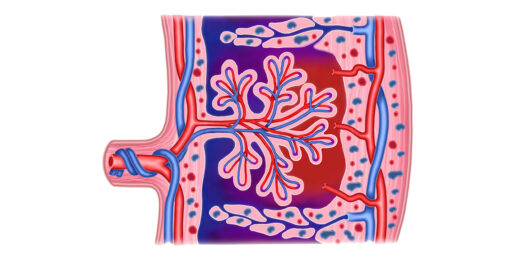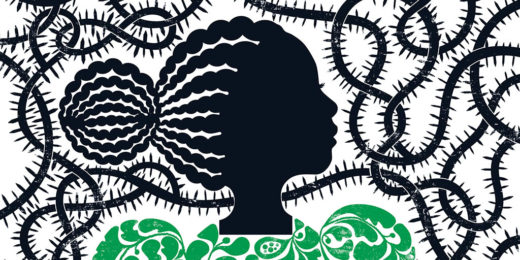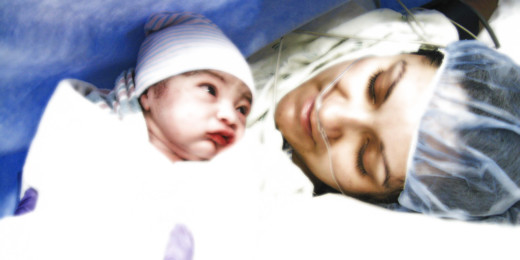Research is showing that advanced methods of genetic testing aren’t equally useful for everyone: They’re less accurate for non-white families, raising concerns about how historical gaps in whose DNA gets studied produce inequities in medical care.
Category: Obstetrics & Gynecology
Why precision medicine’s targeted interventions may help prevent dangerously early births
Approximately 10% of babies worldwide are born three or more weeks before their due date -- making premature birth the leading cause of death for children under 5 globally.
How California is taking on inequity for Black patients during pregnancy, childbirth
Across the United States, Black women are three to four times as likely as their white peers to experience life-threatening pregnancy complications or die giving birth
The endometriosis enigma: What to know about this disruptive disease
Despite the fact the disease greatly reduces the quality of many women’s lives, endometriosis remains understudied.
How one blind genetic counselor is doing her part to address ableism
Many people mistakenly assume that because Ronit Mazzoni has been blind since birth, her career choice must have been related to her condition.
No more ‘just deal with it’: Helping teens have easier periods
Nichole Tyson, MD, has advice for young people seeking help for menstrual problems – including painful, irregular or heavy periods.
Stanford Medicine researchers map morphing placenta
Researchers at Stanford Medicine have created a detailed map of how cells in the placenta change during pregnancy.
Pap smears, be gone? Using menstrual blood to detect HPV
Researchers have created a menstrual pad that can passively help detect HPV, potentially offering a screening method other than pap smears.
A new take on virtual education can promote breastfeeding
Stanford researchers find that "entertainment education" helps teach new mothers about the importance of breastfeeding.
Wildfire smoke exposure raises risk for preterm birth
Exposure to wildfire smoke increases a pregnant woman's risk of giving birth three or more weeks early, a new Stanford study found.
Understanding the risks of seizure-stopping drugs in pregnancy
Newer anti-seizure drugs have a good safety profile for the baby when used in pregnancy and breastfeeding, according to a Stanford-led study.
Maternal care and race: ‘Birth equity is where a whole life starts’
Across the U.S., unequal medical care is harming nonwhite new moms and their babies. Stanford experts are studying how to flip the trends.
Understanding the biological clock of pregnancy
Stanford scientists have built a detailed picture of the biological clock of pregnancy, tracking thousands of metabolic markers throughout gestation.
Father’s health can affect newborns — but don’t fret
Fathers with chronic illnesses may have a higher risk of having a child who is preterm, has low birth weight, or needs NICU care.
Tapping patients’ wisdom for C-section pain management
Women scheduled for C-sections know the levels of pain relief they'll need, and are happier with their experience if given a choice.
On the importance of including pregnant women in clinical trials: A Q&A
A Stanford physician argues pregnant women should be appropriately included in clinical research to improve their health and the health of their fetuses.

















